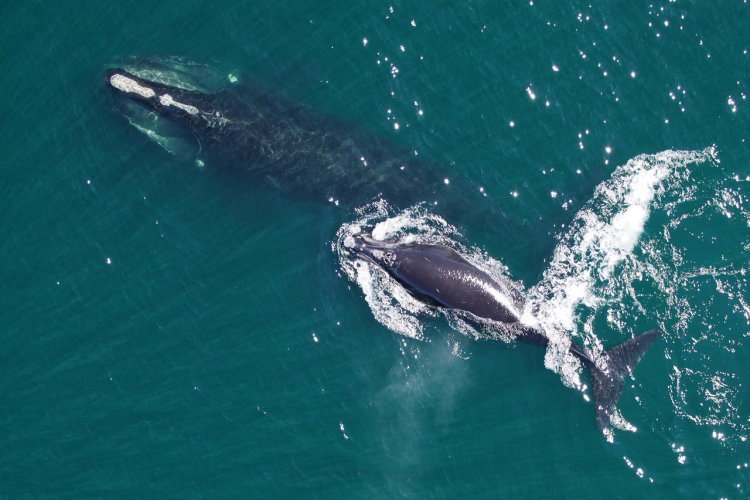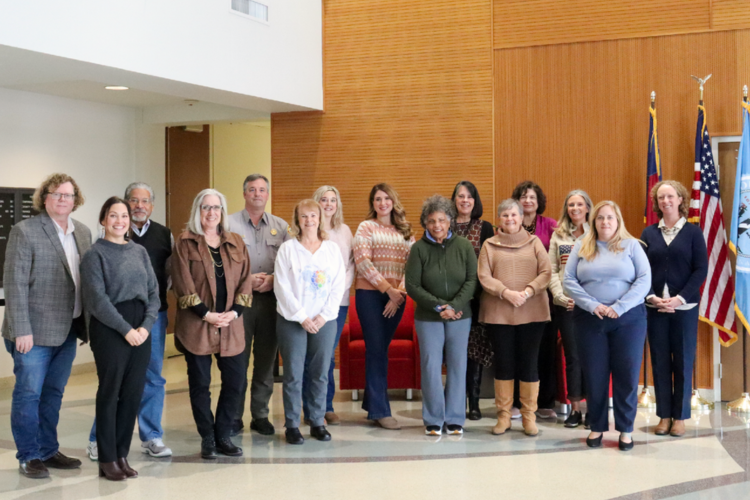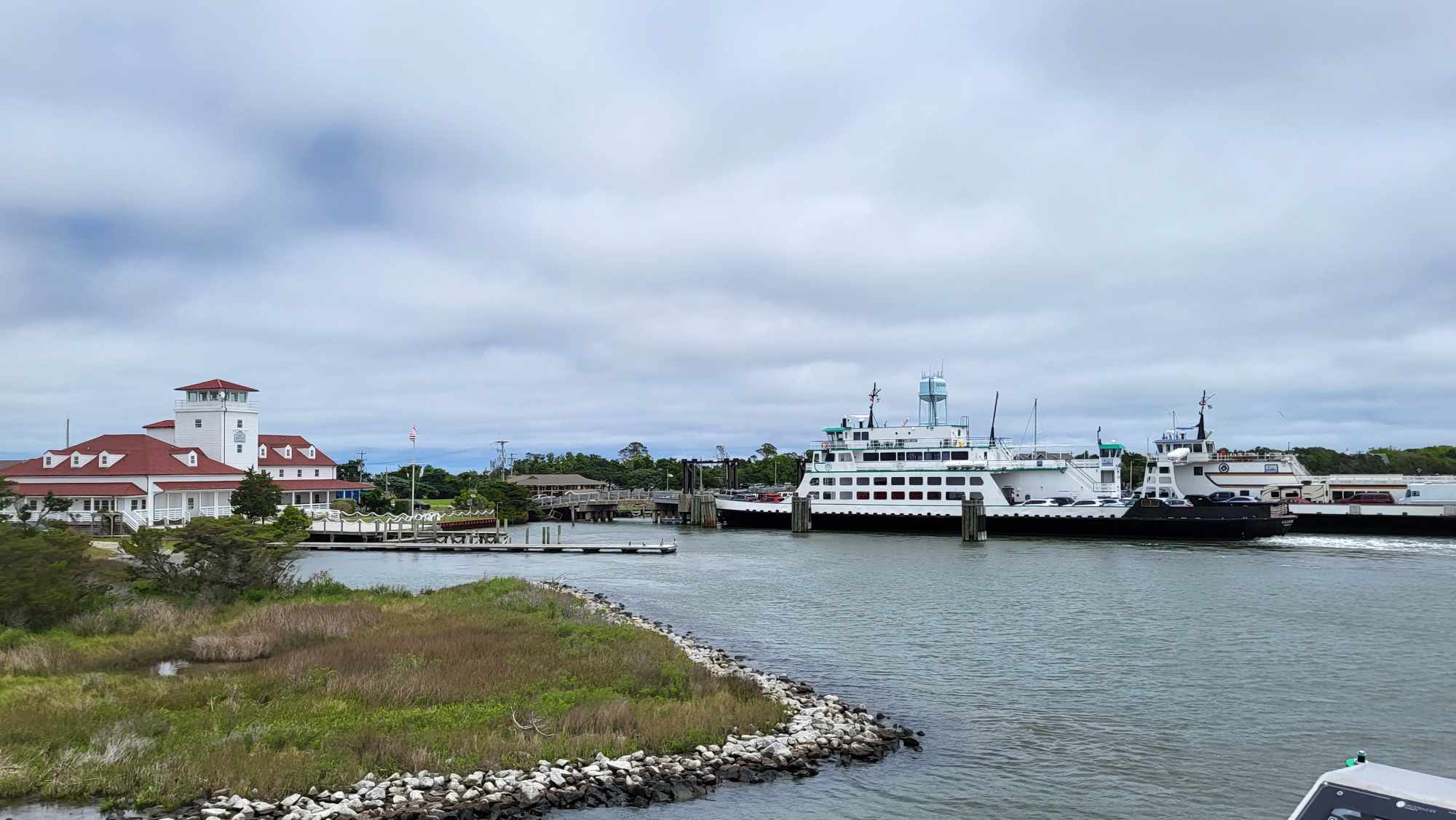Seashore plans science workshops to evaluate bird, turtle management
By CATHERINE KOZAK
By CATHERINE KOZAK
As Cape Hatteras National Seashore faces growing pressures from climate change, public recreation, and tight budgets, a panel of scientists will meet at a workshop in Kill Devil Hills this month to evaluate the evolving factors that affect protected shorebirds and sea turtles within the park.
And, for a change, the subject will not be centered around controversial beach driving issues.
“This is not an ORV management workshop,” said David Hallac, superintendent of the National Park Service Outer Banks Group, “although there will be some discussion of human impact on these species. But that’s not the only thing we’ll be discussing.”
The two-day workshop at the Ramada Plaza hotel will be held all day on Monday, Sept. 26 and until noon on Sept. 27. It is open to the public. A half-hour comment period will be offered at the end of the first day.
Presentations by scientific experts on the species’ habitat, behavior and population dynamics will fill the first day. Meanwhile, an objective panel of scientists will listen to presenters, and on the second day, a discussion will be held.
“It will be really cool,” Hallac said. “It’ll be an opportunity for some of the panelists to start to work through the questions we’re asking them.”
The event is fulfillment of the plan laid out in the June 2015 FONSI – shorthand for Finding of No Significant Impact – modifying the off-road vehicle buffers in the seashore’s beach driving management plan.
With the stated goal of guiding adaptive management of the species, the FONSI promised that the Park Service would implement science workshops “to ensure that current research and monitoring activities are appropriate to help understand the impacts of human use of beaches on nesting wildlife.”
The workshops would consider trends, conditions and desirable outcomes in evaluating the success of wildlife nesting and factors that affect habitat, the document said, leading to “an improved understanding of the impacts of recreation and seashore management on wildlife.”
A work plan for an adaptive management program, including recommendations for future monitoring and research, is supposed to be completed within two years after the FONSI was finalized.
The panel’s report will synthesize known scientific factors that could affect the birds’ and turtles’ use of the seashore, assess how the factors determine the species productivity and use of the seashore habitat, assess management targets and whether they are reasonable, and provide conclusions on key variables and future needs to help reach management objectives through adaptive management.
The Park Service can choose what part of the report to follow, but Hallac said he expects that there will much in the recommendations that will help the park improve its management.
“We will certainly very carefully and seriously review the findings,” he said.
Hallac said that the workshop is a standard agency tool used to pull together current science to meet or update management objectives.
The big daddy of such science panels was put to task in the seashore in 1987, when the Park Service asked the National Academy of Sciences for assistance in deciding how to save the Cape Hatteras Lighthouse from being undermined by the sea. A year later, the panel produced a report recommending that the 1872 tower be moved inland from its perilous perch at the edge of the Atlantic.
After much debate, the lighthouse was finally relocated in 1999 in a dramatic move covered by media outlets from around the world. Time appears to have proven that the science panel made the right call, as the beach at the former location has severely eroded.
Granted, the upcoming science panel’s assignment is not quite as sexy as saving an iconic lighthouse. But Hallac sees it is an important step in harnessing the best updated science and management strategies to take the seashore into a well-balanced future.
Looked at metaphorically, the superintendent compared the overall goal to what a person has to do stay healthy — eat right, exercise, avoid stress. But even the healthiest person might have an accident, so a person also has to take steps to protect themselves from harm.
“We’re trying to take a holistic look at the health of the species at Cape Hatteras National Seashore,” Hallac said.
Panel members scheduled for the workshop are:
Dr. Jeff Walters, chairman. Walters is avian expert and professor of biological sciences at Virginia Tech.
Lou Browning, Hatteras Island licensed wildlife rehabilitator.
Dr. Matthew Gottfried, a sea turtle biologist with the N.C. Wildlife Resources Commission.
Dr. Stan Riggs, distinguished professor of marine and coastal geology at East Carolina University.
Steve Dinsmore, avian ecologist, professor of wildlife ecology at Iowa State University.
Dr. Erica Nol, avian ecologist, professor of biology at Trent University in Ontario.
Ashley Dayer, conservation social scientist, assistant professor of human dimensions at Virginia Tech.
Cheri Gratto-Trevor, (unconfirmed), shorebirds and climate change researcher for the Canadian government.
Presenters and their topics include:
Ted Simons, professor of applied ecology at NC State University: American oystercatchers.
Jim Fraser, professor of wildlife conservation at Virginia Tech: piping plovers.
John Hammond, U.S. Fish and Wildlife Service, endangered species: sea turtles.
Ben Gutierrez, coastal geologist at USGS’s Woods Hole Coastal and Marine Science Center: sea level rise and coastal geology.
Sara Schweitzer, colonial water bird biologist, N.C. Wildlife Resources Commission: shorebirds.
Additional presentations may be added.
The workshop will start at 8:30 a.m. on Sept. 26 and continue until 5 or 6 p.m. It will resume at 8:30 a.m. on Sept. 27 and conclude at noon. The Ramada Plaza Nags Head Oceanfront is located at 1701 S Virginia Dare Trail (the Beach Road, Milepost 9) in Kill Devil Hills.
A draft agenda will be distributed about one week prior to the workshop.








